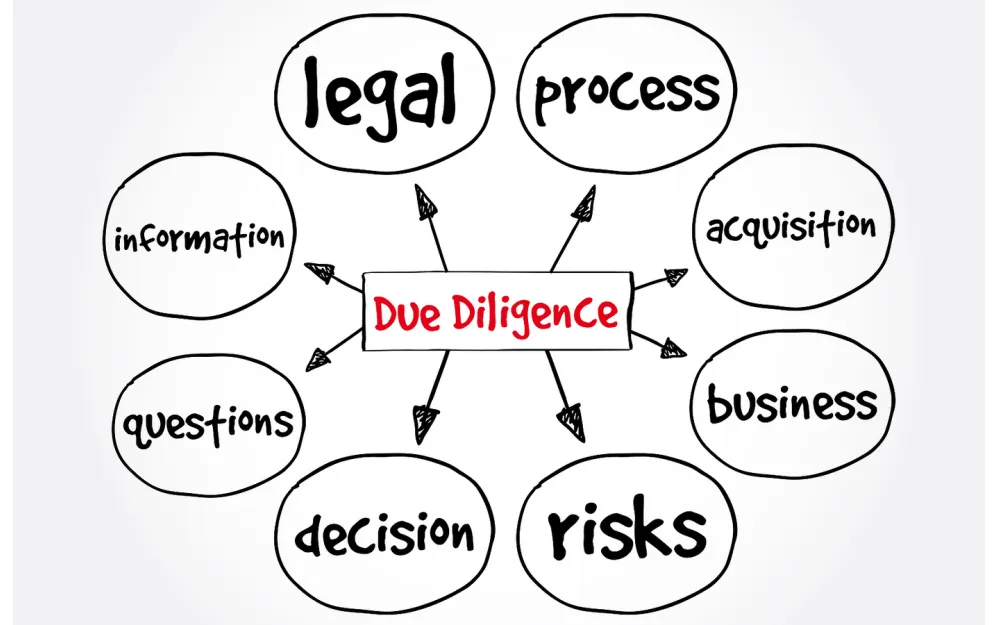
We hope that all of our customers are aware by now of the new plastic tax that is to be introduced from April 2022. The new plastic packaging tax (PPT) will be charged at £200 per tonne (EDIT - this was increased to £210.82 per tonne for tax year 2022/2) for packaging with less than 30% post-consumer recycled (PCR) plastic content.
We answered a lot of Frequently Asked Questions in a blog article about the PPT last summer. So we’ll refer you to that if you need a refresher on precisely what it entails. Here we want to focus on the issue of due diligence.
The PPT must be paid by manufacturers and importers who make or import more than 10 tonnes of plastic packaging. However it is the responsibility of retailers and business customers to ensure that the packaging they use has had the relevant tax paid. The government has recently published guidelines on due diligence for retailers.
Read government guidance on due diligence
The guidelines are aimed at three categories of business that deal with plastic packaging. Manufacturers (like Coda Plastics Ltd), importers, and businesses that purchase plastic packaging components. Each could potentially be liable if the relevant tax has not been paid.
If you find yourself part of a chain where the tax has not been paid and you have not conducted the due diligence checks - you could be jointly and severally liable for the unpaid tax and associated fines.
Precisely what constitutes due diligence is up to the organisations involved. But the government has published these examples of the sort of procedures retailers and brands should be considering.
Example checks for purchasing plastic packaging consisting of less than 30% PCR plastics:
- requesting confirmation of the tax status of plastic packaging components from your supplier
- getting signed documents from your supplier confirming that Plastic Packaging Tax has been properly accounted for
- getting product specifications for the packaging components, including the weight and composition of the products
- physically checking the weight of packaging components to your purchase order and any of the product specifications
Example checks for purchasing plastic packaging consisting of more than 30% PCR plastics:
- checking that the price you pay for packaging components reflects the current market value — if components are offered at a lower market value, you should find out the reason for the low cost
- obtaining copies of any certifications or audits that have been conducted on your suppliers, or the re-processors of recycled plastic
- conducting physical inspections or audits on your packaging supply chain to prove information given by suppliers or customers
- checking details provided against other sources, such as supplier and customer websites, product specifications, sales and marketing information
Coda Plastics is a UK based plastic manufacturer with full knowledge of the new plastic packaging laws. We have procedures in place for the implementation of due diligence on our part. And we can supply all the proof that our clients need to show what their plastic packaging has been made from and that taxes have been paid where required. If you are currently buying your plastic packaging from an international importer, can you be sure of its providence?
We can provide cost comparisons to help you to decide how to adapt to the new legislation and can supply samples of products using various percentage points of PCR. Whether you’re a current customer or a brand looking for a trusted UK manufacturer to guide you through the changes, we can help - contact our sales team on +44 1692 501020 or email sales@coda-plastics.co.uk
